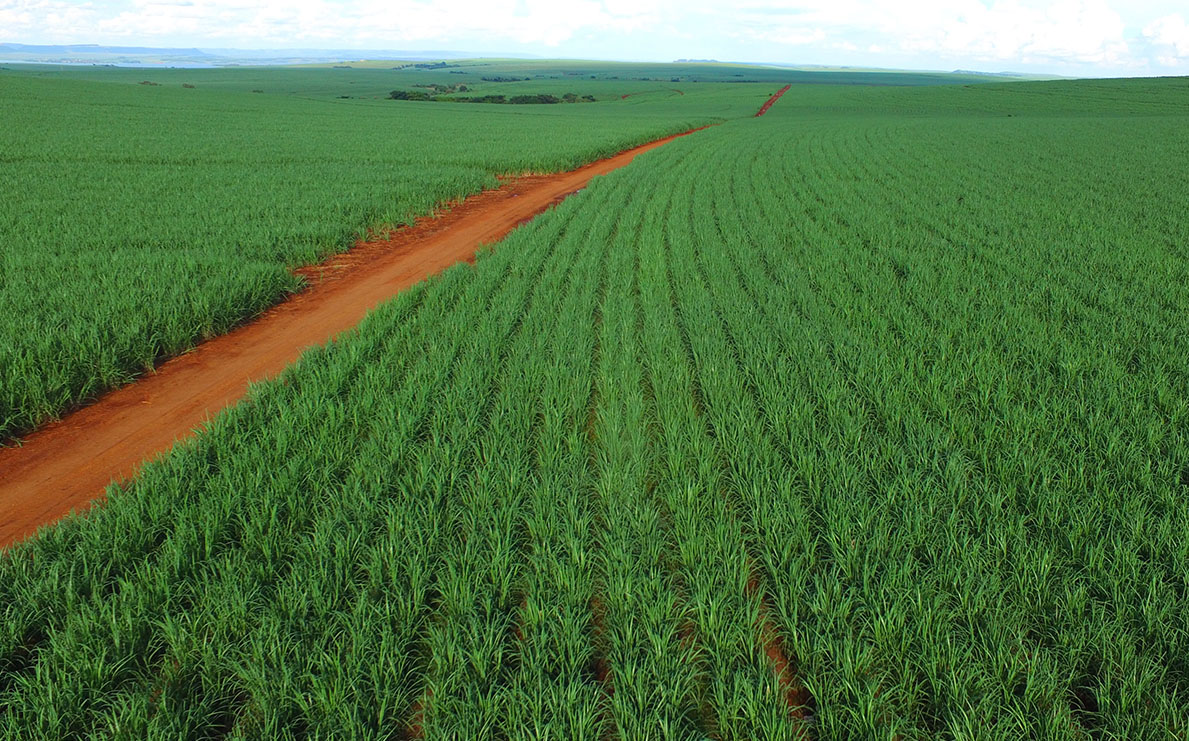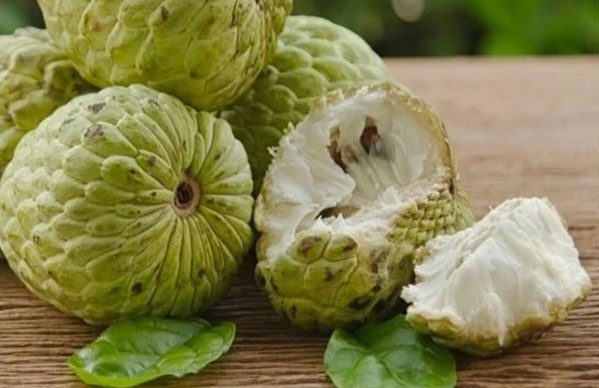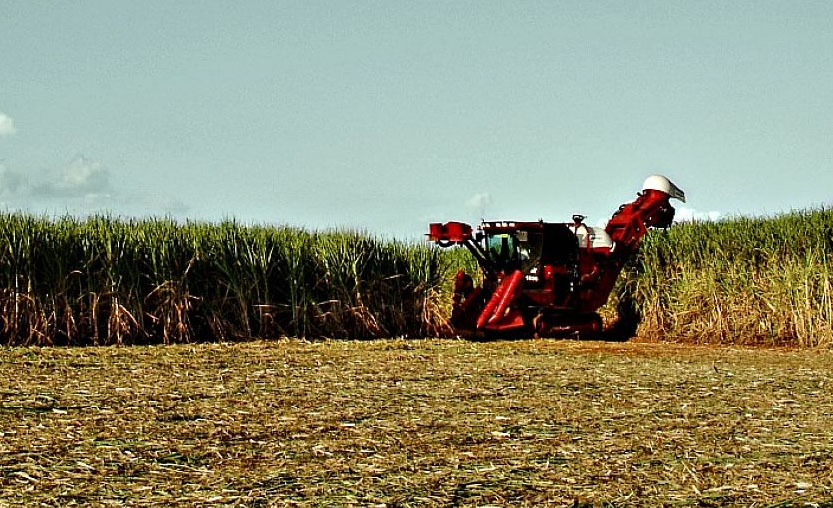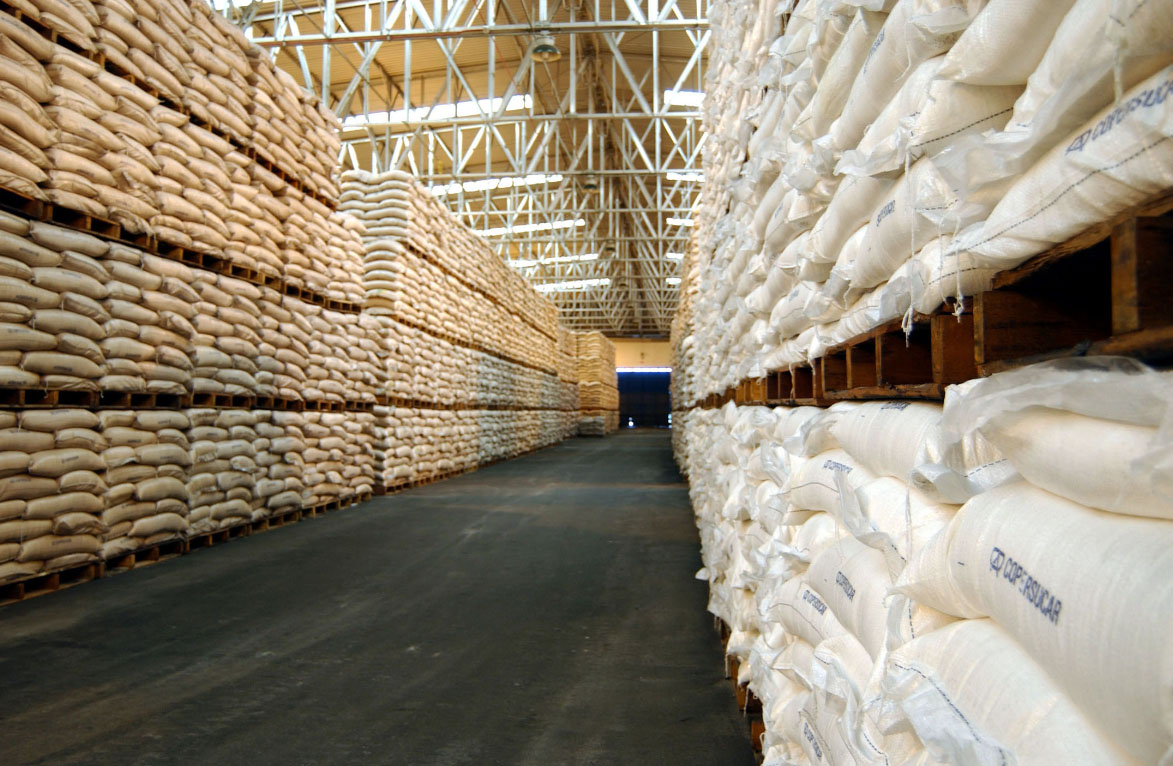Brazil is
synonymous with sugarcane and sugar production. If you’re considering importing
sugar from Brazil, you’ll want to understand the various financial factors at
play. This blog post delves into the nitty-gritty of what impacts the cost of
importing sugar from Brazil, offering a comprehensive look at the
considerations and potential expenses involved.
Importing
Sugar from Brazil: An Economic Endeavor
Global
Sugar Production: Brazil ranks among the top sugar producers globally, known
for its high-quality sugar and vast sugarcane plantations.
Attractive
Option: Brazilian sugar is sought after by international buyers for its quality
and consistency.
Factors
Affecting the Cost of Importing Sugar from Brazil
Sugar Type
and Quality: The type and quality of sugar you choose to import significantly
influence the overall cost. Brazil offers various sugar types, including raw,
refined, and specialty sugars.
Quantity:
The volume of sugar you intend to import can lead to economies of scale,
reducing the cost per unit.
Shipping
and Freight Costs: Shipping expenses, encompassing freight, insurance, and
transportation, can make up a substantial portion of the cost.
Tariffs and
Import Duties: Import duties and tariffs, imposed both by Brazil and the
importing country, can add to the overall cost.
Exchange
Rates: Fluctuations in currency exchange rates can impact the cost of imported
sugar.
Import
Procedures and Documentation
Customs
Clearance: Adhering to customs regulations in both Brazil and the importing
country is critical. This includes preparing the necessary documentation and
meeting specific requirements.
Quality and
Safety Standards: Ensuring that the imported sugar meets quality and safety
standards may involve additional costs, such as testing and certification.
Shipping
Contracts: Negotiating and establishing shipping contracts with shipping
companies or freight forwarders is a pivotal part of the importing process.
Additional
Considerations
Market
Dynamics: Staying informed about global sugar prices, market demand, and trade
agreements is essential for strategic and cost-effective importing.
Sustainability
and Ethical Sourcing: Buyers increasingly look for suppliers who adhere to
sustainability and ethical sourcing practices. While this may involve
additional expenses, it can be a selling point for certain markets.
Challenges
and Opportunities
Market
Volatility: Sugar prices can be subject to fluctuations, which may impact the
overall cost of imports.







